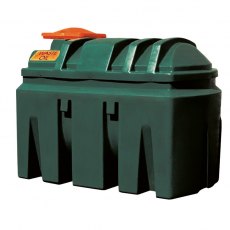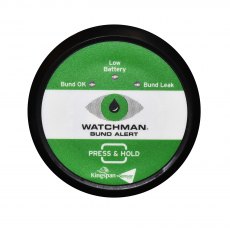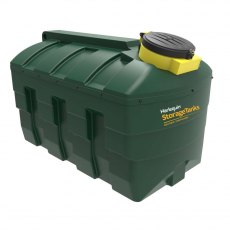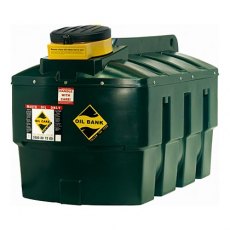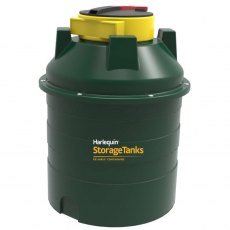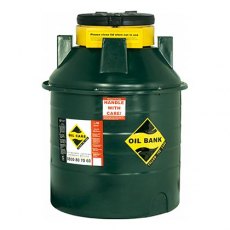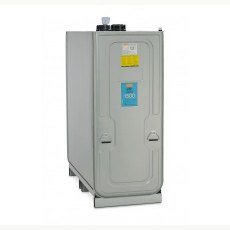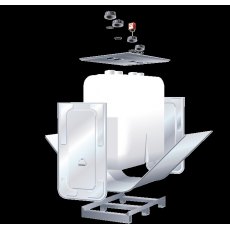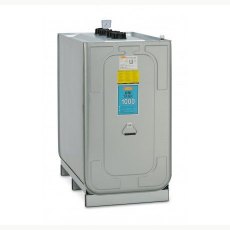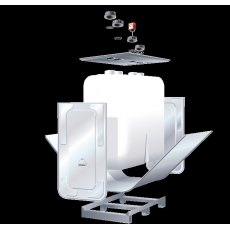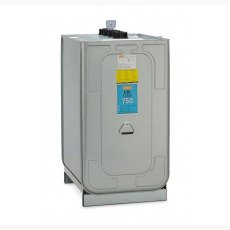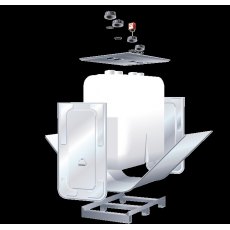Waste Oil Storage in Ireland

Waste oil, encompassing used automotive, industrial, and cooking oils, poses significant environmental challenges if not managed properly. In Ireland, the mishandling of such oils can lead to severe pollution of waterways, soil contamination, and harm to wildlife, disrupting delicate ecosystems. The proper storage of waste oil is thus not merely a regulatory compliance matter but a critical environmental protection and public safety concern. Implementing stringent storage protocols ensures that these potentially hazardous substances are contained effectively, mitigating risks to both the environment and public health. This underscores the necessity for robust waste oil management practices within the country, aligning with Ireland's commitment to preserving its natural beauty and safeguarding its inhabitants.
Types of Waste Oil
- Automotive Oils: From engines, gearboxes, and lubricants
- Industrial Oils: From machinery, hydraulic systems, and industrial processes
- Cooking Oils: Used oils from restaurants, food processing industries
Waste Oil Tanks: Features and Specifications
Material: Carbon steel, stainless steel, industrial-strength plastic and reinforced concrete are some of the most common materials used to manufacture oil storage tanks. As a general rule, materials must be strong, durable and resistant to corrosion by crude oil and petroleum-based products.
Tanks.ie provide a range of waste oil tanks in both plastic and steel.
A selection of Waste Oil tanks:
Capacity: The capacity of your tank really depends on the business you are running and the type of waste oil you are storing. Waste oils should not be mixed so a separate waste oil tank for each waste oil is needed. Our waste oil tanks range from 350 litres to 2500 litres.
Secondary Containment: By law, all waste oil tanks should have a secondary containment of 110% of the capacity of the storage tank to prevent any spills leaching into the ground or into run off storm drains and into the water course.
All our waste oil tanks are bunded or double skin tanks which hold 110% of capacity of the tank. These tanks can be fitted with a leak detection system and bund alarm in the event of any liquid entering this void. None of the waste oil tanks we supply have bottom outlets to avoid any leakages and all suction must be from the top of the tank.
Ventilation: The waste oil tanks should be located in an area that is well ventilated to prevent the buildup of fumes. The tank will normally be fitted with a breather, or vent, pipe. In the event of accidental overfilling of the tank the excess oil will overflow through this vent. Consequently, the vent pipe should be readily visible during filling. The vent should be directed downwards and have its outlet within the bunded area.
Location: The waste oil tanks should be placed on firm level ground which is remote from surface drains, streams etc by at least 10m and 50m from wells and boreholes.
Access and Security: All waste oil tanks should be secured against unauthorised access and vandalism. The tanks should be readily visible for supervision and regular inspection. The tanks should also be readily accessible for filling and maintenance and be protected against accidental impact.
Regulations for Waste Oil Storage in Ireland
Ireland, like many countries, has specific regulations to manage waste oil due to its potential to harm the environment. The key regulations can be outlined as follows:
- Waste Management Acts: These acts lay down the legal framework for waste management, including waste oils, to prevent environmental pollution.
- EU Directives: Ireland, being an EU member, adheres to European directives that govern waste management and environmental protection.
- Local Authority Guidelines: Local councils may have additional guidelines or requirements for waste oil storage and disposal.
- Health and Safety: Regulations focusing on the health and safety aspects of storing hazardous substances like waste oil.
- Environmental Protection Agency (EPA) Guidelines: The EPA provides specific guidelines for the storage and disposal of hazardous waste, including waste oils.
Best Practices for Waste Oil Storage
- Regular Inspections: Schedule regular inspections of waste oil tanks to identify and rectify potential issues early.
- Maintenance: Routine maintenance is essential to prevent leaks and ensure the integrity of the storage system.
- Training: Proper training for personnel in handling and storing waste oil safely is key in ensuring best practices for wate oil storage in your business.
- Emergency Response Plan: Have a plan in place for dealing with spills or leaks to minimize environmental impact.
The conscientious storage and regulation adherence of waste oil is paramount in safeguarding our environment and public health. Proper practices in handling waste oil not only prevent the contamination of our precious water bodies and soils but also avert potential hazards to wildlife and human communities. For Ireland, with its rich natural landscapes and commitment to environmental stewardship, it is imperative that businesses and individuals dealing with waste oil uphold the highest standards of responsible management. By diligently following established regulations and adopting best practices in waste oil storage, we collectively contribute to a cleaner, safer, and more sustainable future, ensuring that the natural beauty and well-being of Ireland are preserved for generations to come.
If you would like more information, please contact our sales team on 051 351325 or email us on info@tanks.ie
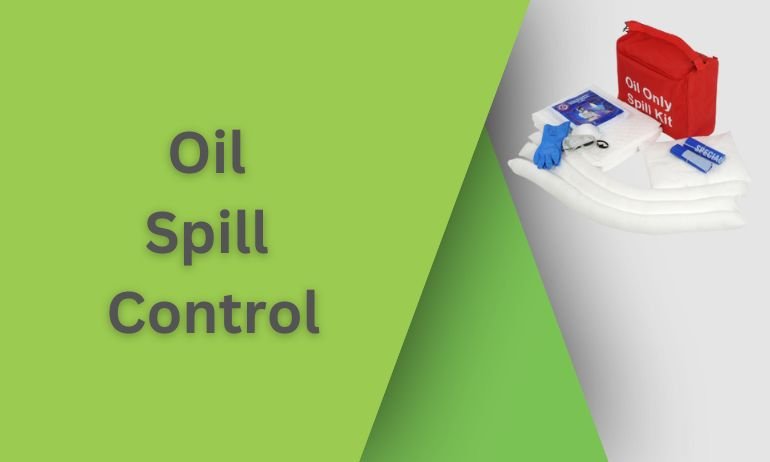
Oil Spill Control

Oil Tank Regulations

 Login
Login
